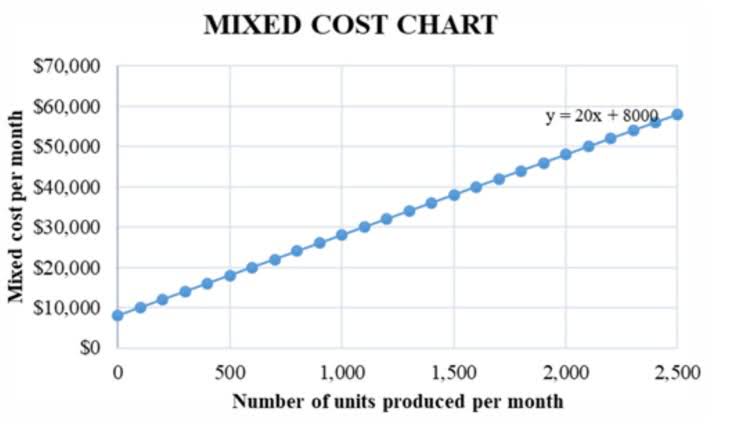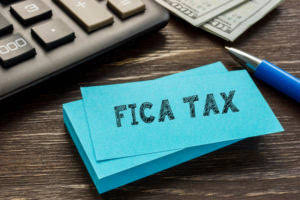
In an industry where moving parts are plentiful, financial transactions are complex, and cash flow fluctuates, a good bookkeeper can truly make or break your future. However, no matter how talented they are, every bookkeeper relies on the employees of the business they are supporting to carry out everyday transactions and record-keeping in the correct manner. Then, it’s best practice to enter all known preliminary project details into a project management system, like Design Manager, and have a sound plan to execute bookkeeping procedures. If you find bookkeeping overwhelming or if you lack the necessary expertise, consider hiring a professional bookkeeper or accountant. These professionals can handle your day-to-day bookkeeping https://www.bookstime.com/articles/what-is-an-invoice-number tasks, provide financial advice, and ensure compliance with tax regulations. Outsourcing your bookkeeping can free up time for you to focus on growing your interior design business and doing what you love – designing beautiful spaces.
Sales tax
These components include choosing the right bookkeeping software. And you must decide whether to hire a bookkeeper or outsource bookkeeping services. A bookkeeper is one of the first people you will hire to support your interior design business. The industry business model is unique, the bookkeeping duties are strenuous, and the stakes are particularly high with clients’ money on the line. While for other businesses it may be acceptable to hire a bookkeeper without previous experience or specific knowledge of your industry, it is absolutely essential for interior designers.
Separate Business and Personal Finances
Investors and stakeholders demand transparent access to reports of transactions and the financial growth of the company that can be provided through good financial reporting. It can also help to draw new investors should wish to attract any. Though no two businesses are the same, clarity and stability in how any business deals with its financials is crucial.
Track Recoverable Expenses
Utilizing quickbooks for interior designers can simplify the purchase order creation process and provide comprehensive insights interior design bookkeeper into project expenses. Implementing a structured approach to managing purchase orders can help you maintain financial transparency and optimize your procurement process. Accurately tracking your time and expenses is crucial if you charge clients based on hourly rates or bill for reimbursable expenses. Utilize time-tracking tools or apps to record the time spent on each project.

This includes retaining receipts related to deductible expenditures and other pertinent financial records. Such diligent organization paves the way for a streamlined, error-free tax filing process, minimizing oversights and maximizing potential deductions. Another vital aspect of bookkeeping for interior designers is the ability to track project costs.

Choosing the Right Bookkeeping Software
Implementing a reliable interior design accounting software can streamline bookkeeping processes and provide accurate insights into your business’s financial health. Utilizing a bookkeeping cheat sheet pdf can further enhance your ability to manage financial data effectively and ensure compliance with industry standards. By implementing the tips mentioned in this article, you can maintain accurate financial records, track expenses, and ensure that you are making a profit. Proper accounting https://www.facebook.com/BooksTimeInc/ and bookkeeping practices are fundamental for the success of your interior design business. Good bookkeeping not only helps you manage your finances effectively but also provides valuable insights into the financial health of your business.
Maximize Your Profitability with Studio Designer Flat Fees: Easy Setup, Accurate Billing, and Insightful Reporting
It also helps you set financial goals and track your progress. Financial forecasting involves projecting your future income and expenses. Effective accounting for interior designers is crucial for maintaining a successful interior design business.

- Also consider the complexity of your financial transactions.
- The way they answer these questions will be a true tell in their fit for your company.
- Have you been advancing vendor payments on behalf of your clients?
- Mixing personal and business transactions can lead to confusion and complicate bookkeeping.
- Tracking sales tax and income tax, and submitting filings in a timely manner keeps your company compliant and avoids defaults.
As many interior designers are running it solo or with a very small team, finding the right person to fill this role is essential. Invoicing can be time-consuming, and when you’re busy, it can be tempting to simply put off this task. But good accounting for interior designers requires that you set an invoicing schedule and stick to it, even when you get busy.
What are Good Bookkeeping Practices in Interior Designer business?
This will protect your confidential financial information. To create a budget for your interior design business, estimate your expected income and expenses for a specific period. Consider project costs, marketing expenses, and office rent. Also, consider any other costs involved in running your business.